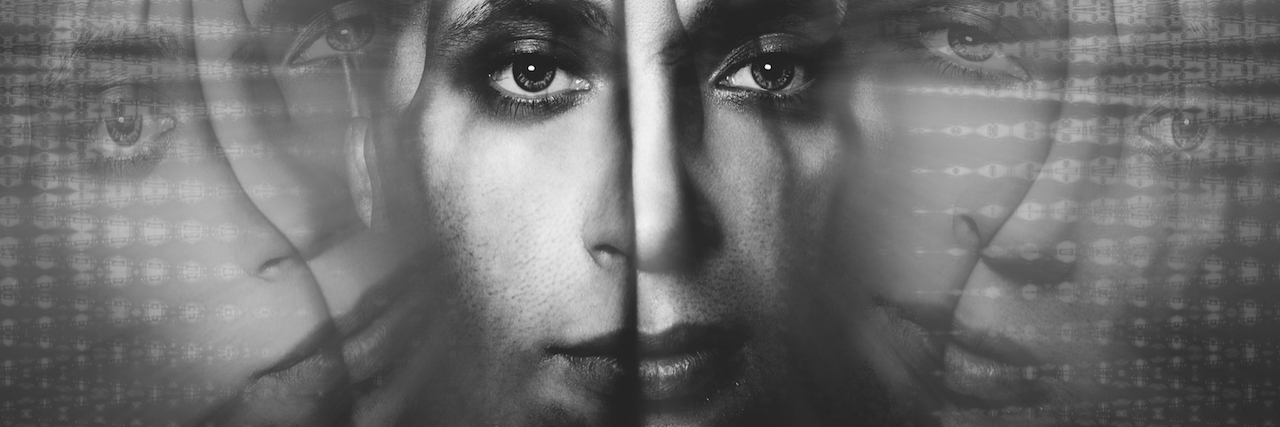When I was a child I used to think the nine o’clock news was the most boring thing. I thought that when I became an adult, I would have to start watching it, as if it was a compulsory grown-up thing.
I also thought I would go to bed one night as a child the night before my 18th birthday, grow in my sleep and jump down the stairs the next morning a fully grown adult. I kind of failed to realize it was a progressive thing. So I was delighted to discover as I got older, no one was going to suddenly take away my Barbie dolls and hand me a newspaper.
As an actual adult now (not a very good one, but an adult none the less) I find I have a bit of a media addiction. Social media has forever changed how we access news. Websites are using more and more click-bait style articles, and by the end of a good Facebook binge I feel like I’ve read the equivalent of about three newspapers. News stories are easily accessible and can be shared in their millions.
The news can be distressing, it always seems like bad news — anything positive gets little coverage in comparison. This is how the news has always and will always work, that is not my issue. My issue is how mental illness, particularly schizophrenia, is portrayed.
It is important to cover facts, and a person committing violent crime is of news, of course. And you can mention the person had schizophrenia, by all means. A crime happened, there is a victim, and the public needs to be informed of the incident, so maybe we can prevent it from happening again. My problem is the way in which a lot of these stories are covered. We see sensationalist headlines like: Paranoid Schizophrenic Murders in Cold Blood
So why is it that we only ever see schizophrenia in the media when it is being associated with violence? Research has also shown people with schizophrenia are more likely to be victims of crime than to commit crime. Headlines like the one above reinforce the stereotype that people with schizophrenia are dangerous. This can have a fiercely negative effect on those of us who lead regular, normal, crime-free lives. I have lived with this illness for most of my life, all the way through childhood, finally getting my official diagnosis in 2011 when I was 22 years old. The stigma that comes with schizophrenia is probably one of the scariest things to encounter when getting a schizophrenia diagnoses. Trust me, I know.
What bothers me most of all — and I mean this really, really gets to me — is how schizophrenia is portrayed in the entertainment industry. Movies and TV shows are a completely different ball game because they are fiction, and have no excuse for using schizophrenia to explain away violent behavior. Schizophrenia has become an excuse for inexcusable actions. We’ve seen it time and time again — the split-personality shock twist. This is not schizophrenia, but it seems to be drilled into film-makers heads as the go-to, get out clause. The majority of these movies seem to be horribly misinformed, sometimes it seems as if no research has been done whatsoever. Characters with schizophrenia are either violent or a genius. Lifetimes are spend in psychiatric hospitals. Medication cures all and if you stop taking your pills, a bout of violent crime is inevitable.
The constant use of schizophrenia as a scapegoat has led to the illness becoming extremely stigmatized. The entertainment industry and media can be misleading and the general population have unfortunately become misinformed. People genuinely ask if I am like Jim Carey’s character in “Me, Myself & Irene.“ When the entertainment industry continuously promotes myths that are associated with schizophrenia, it encourages the use of language that may be hurtful to those who have it. I often hear the word “psychotic” being used incorrectly. Experiencing hallucinations, delusions or disorganized thinking is psychotic — psychosis is a serious symptom, not an insult. It’s a lot harder to tell someone and get help for a condition which carries the weight of such strong misconceptions. Every time schizophrenia is used for sensationalism, it sets us back. Lots of people, myself included, go on to lead normal, successful lives. Schizophrenia may be an incurable disease, but that does not mean it is unmanageable or untreatable.
Stigma has delayed my recovery many times. I am OK with having a psychotic illness, but sometimes other people’s ignorance can change that. When I hear someone describe someone with schizophrenia as a “schizo” in a demeaning tone, it takes away a little bit of the resilience and self-acceptance I have worked so hard to build up. Every time I see my mental health problem used in the media as an explanation for a person’s crime or wrong doing, it can bring on feelings of shame. I feel the need to justify my illness to those who tar us all with the same brush based on stereotypes and tragedies.

